Aside from the National Broadband Plan, the other big shakeup for Irish telecoms this year is the sale of Eir to investors led by Xavier Niel, the founder of French low-cost operator Free. The deal was announced just before Christmas.
While Irish customers are free to choose their operator, the infrastructure still belongs to Eir and the sale includes the landlines connecting Irish farms. Eir is also one of two finalists to roll out the NBP. Niel has rocked France’s telecoms industry for the past 15 years and captured 20m subscribers with packages including broadband, unlimited landline calls and multiple TV channels between €30 and €40 per month, and mobile plans from €2 per month.
So how does the country of our network’s new owner fare in terms of rural broadband? Much worse than Ireland, according to 2016 figures from the European Commission.
While basic internet access was available everywhere, less than half of French households could use high-speed technologies – the lowest in Europe – and this fell to less than one-third in rural areas.
Yet BPS online applications have been compulsory for two years.
The French authorities routinely open centres where farmers without internet access can come and apply for their BPS online.
While this is a once-a-year exercise, over the next four years, the country is also planning to move all calf registrations, movements and health certificates online. In 2016, 72% of French calves were registered online. How to bring this figure to 100% when some farmers still can’t access the internet?
“Access to the digital livestock information system platform will be required to complete certain operations such as looking up an animal’s official passport,” Laurent Duveaux, head of information systems at the French livestock monitoring body Institut de l’Elevage, told the Irish Farmers Journal. “Coverage is not complete in France, especially in rural areas, but we have planned several replacement solutions that should help us proceed with digitisation.”
Options include farmers outside internet coverage areas retaining a paper copy of their records and allowing an agent to manage their animals’ online data, or developing applications transferring animal identification data to and from the national database by SMS.
Read more
Will you get broadband in 2018?
Moving up a 'G' in the UK
Aside from the National Broadband Plan, the other big shakeup for Irish telecoms this year is the sale of Eir to investors led by Xavier Niel, the founder of French low-cost operator Free. The deal was announced just before Christmas.
While Irish customers are free to choose their operator, the infrastructure still belongs to Eir and the sale includes the landlines connecting Irish farms. Eir is also one of two finalists to roll out the NBP. Niel has rocked France’s telecoms industry for the past 15 years and captured 20m subscribers with packages including broadband, unlimited landline calls and multiple TV channels between €30 and €40 per month, and mobile plans from €2 per month.
So how does the country of our network’s new owner fare in terms of rural broadband? Much worse than Ireland, according to 2016 figures from the European Commission.
While basic internet access was available everywhere, less than half of French households could use high-speed technologies – the lowest in Europe – and this fell to less than one-third in rural areas.
Yet BPS online applications have been compulsory for two years.
The French authorities routinely open centres where farmers without internet access can come and apply for their BPS online.
While this is a once-a-year exercise, over the next four years, the country is also planning to move all calf registrations, movements and health certificates online. In 2016, 72% of French calves were registered online. How to bring this figure to 100% when some farmers still can’t access the internet?
“Access to the digital livestock information system platform will be required to complete certain operations such as looking up an animal’s official passport,” Laurent Duveaux, head of information systems at the French livestock monitoring body Institut de l’Elevage, told the Irish Farmers Journal. “Coverage is not complete in France, especially in rural areas, but we have planned several replacement solutions that should help us proceed with digitisation.”
Options include farmers outside internet coverage areas retaining a paper copy of their records and allowing an agent to manage their animals’ online data, or developing applications transferring animal identification data to and from the national database by SMS.
Read more
Will you get broadband in 2018?
Moving up a 'G' in the UK




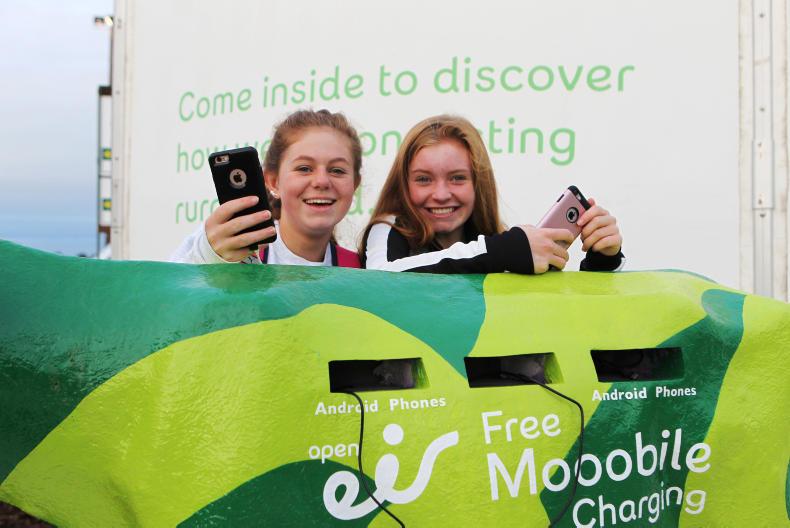
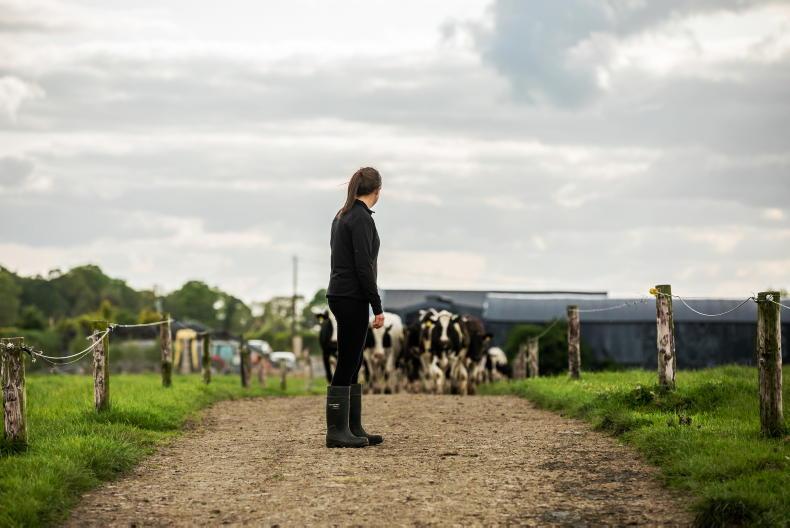
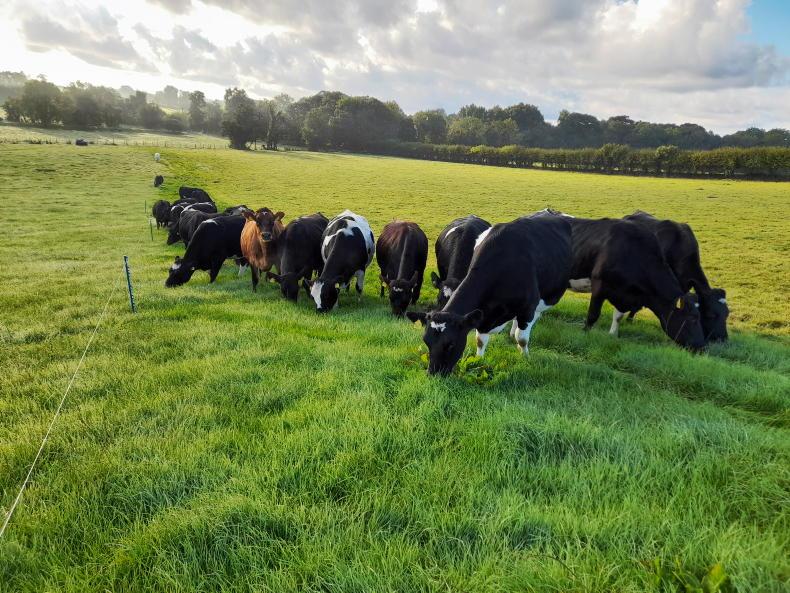
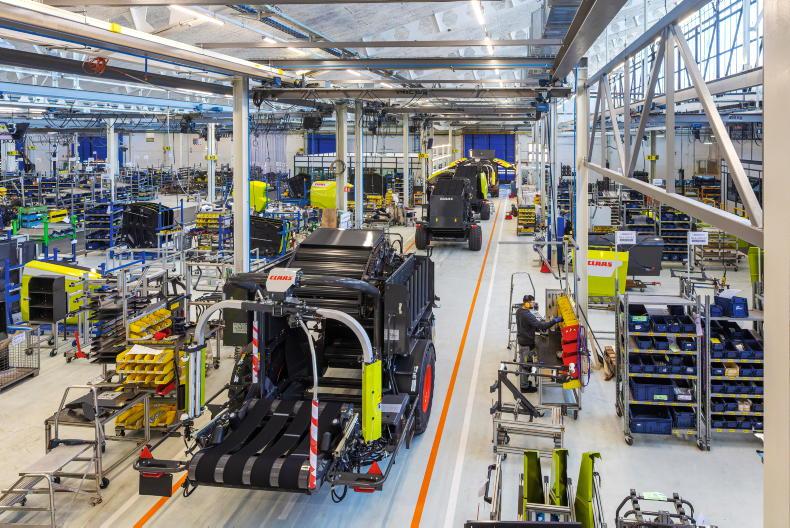
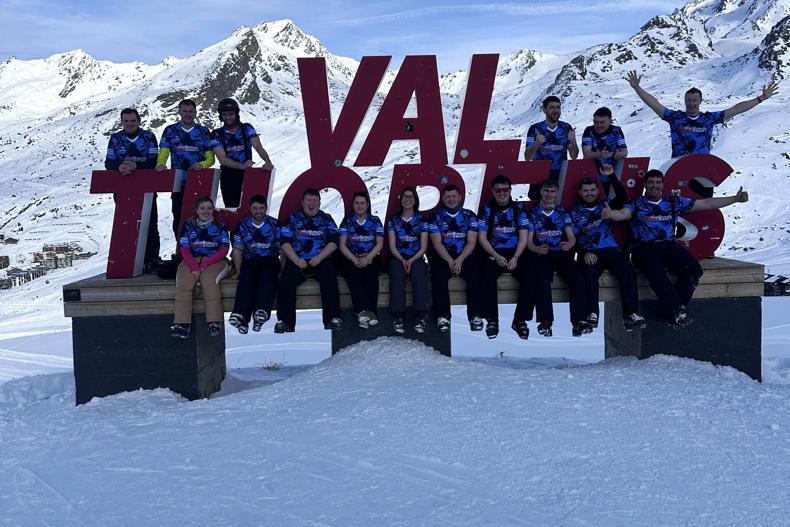
SHARING OPTIONS